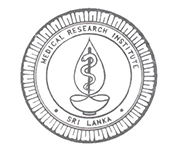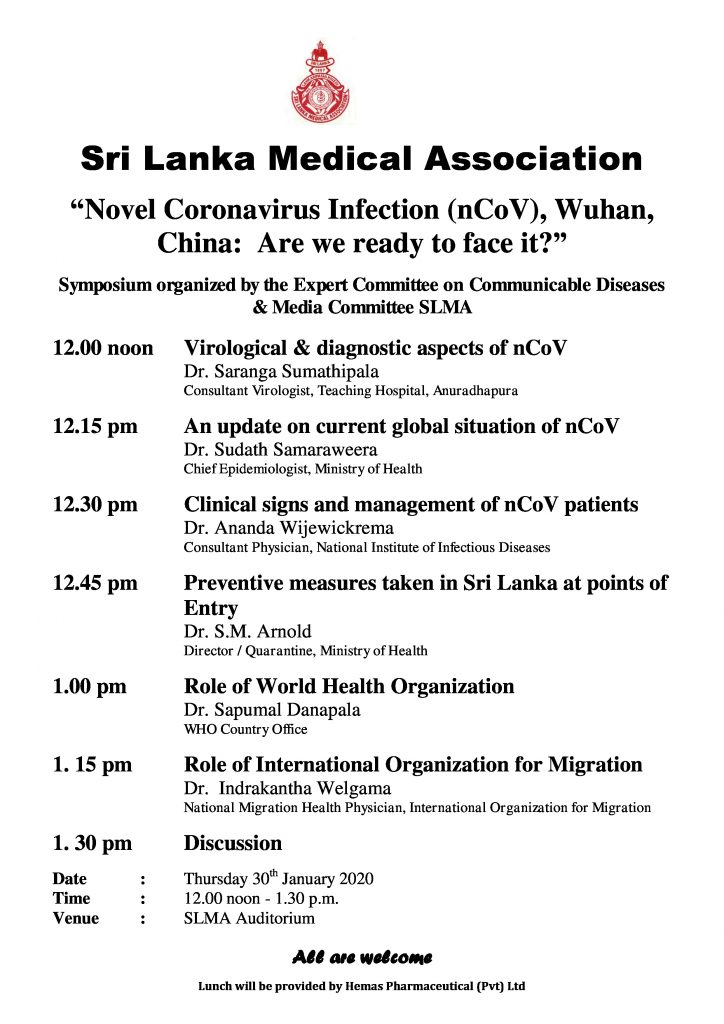Uncategorized
now browsing by category
Novel Coronavirus(2019-nCoV) Situation Reports
https://www.who.int/emergencies/diseases/novel-coronavirus-2019/situation-reports
Globally 11953 confirmed (2128 new)
China
11821 confirmed (2102 new)
1795 severe (268 new)
259 deaths (46 new)
Outside of China
132 confirmed (26 new) 23 countries (4 new)
Novel Coronavirus Infection (nCoV), Wuhan,China: Are we ready to face it? -SLMA Symposium at SLMA auditorium -30.01.2020
CDC- About Corona Virus infection
https://www.cdc.gov/coronavirus/about/symptoms.html
Symptoms and Diagnosis
On This Page
Symptoms
Common human coronaviruses
Common human coronaviruses, including types 229E, NL63, OC43, and HKU1, usually cause mild to moderate upper-respiratory tract illnesses, like the common cold. Most people get infected with these viruses at some point in their lives. These illnesses usually only last for a short amount of time. Symptoms may include
- runny nose
- headache
- cough
- sore throat
- fever
- a general feeling of being unwell
Human coronaviruses can sometimes cause lower-respiratory tract illnesses, such as pneumonia or bronchitis. This is more common in people with cardiopulmonary disease, people with weakened immune systems, infants, and older adults.
Other human coronaviruses
Two other human coronaviruses, MERS-CoV and SARS-CoV have been known to frequently cause severe symptoms. MERS symptoms usually include fever, cough, and shortness of breath which often progress to pneumonia. About 3 or 4 out of every 10 patients reported with MERS have died. MERS cases continue to occur, primarily in the Arabian Peninsula. SARS symptoms often included fever, chills, and body aches which usually progressed to pneumonia. No human cases of SARS have been reported anywhere in the world since 2004.
Diagnosis
Your healthcare provider may order laboratory tests on respiratory specimens and serum (part of your blood) to detect human coronaviruses. Laboratory testing is more likely to be used if you have severe disease or are suspected of having MERS.
If you are experiencing symptoms, you should tell your healthcare provider about any recent travel or contact with animals. Most MERS-CoV infections have been reported from countries in the Arabian Peninsula. Therefore reporting a travel history or contact with camels or camel products is very important when trying to diagnose MERS.
Novel Coronavirus (2019-nCoV) advice for the public-WHO
WHO’s standard recommendations for the general public to reduce exposure to and transmission of a range of illnesses are as follows, which include hand and respiratory hygiene, and safe food practices:
- Frequently clean hands by using alcohol-based hand rub or soap and water;
- When coughing and sneezing cover mouth and nose with flexed elbow or tissue – throw tissue away immediately and wash hands;
- Avoid close contact with anyone who has fever and cough;
- If you have fever, cough and difficulty breathing seek medical care early and share previous travel history with your health care provider;
- When visiting live markets in areas currently experiencing cases of novel coronavirus, avoid direct unprotected contact with live animals and surfaces in contact with animals;
- The consumption of raw or undercooked animal products should be avoided. Raw meat, milk or animal organs should be handled with care, to avoid cross-contamination with uncooked foods, as per good food safety practices.
Protect yourself and others from getting sick











Stay healthy while travelling





INASP’s online learning platform
INASP is an international development charity working with a global network of partners in Africa, Latin America and Asia. Their mission is to support Southern individuals and institutions to produce, share and use research and knowledge, which can transform lives.
Online learning is one of their key capacity development approaches. Their courses are tailored to the needs and context of learners in the global South. They offer a range of online learning options, from short self-study tutorials, facilitated online and blended learning experiences, to massive open online courses (MOOCs). Their MOOCs achieve more than 50% completion rates, well above normal averages.
17th September 2019-Patient safety highlighted with new international day
[FinalTilesGallery id=’1′]
While noval improvements in healthcare have brought enormous benefits to mankind, it is not without risks.
Adverse events due to unsafe care are one of the 10 leading causes of death and disability globally.
According to WHO statistics , 134 million adverse events occur each year due to unsafe care in hospitals in low- and middle-income countries, contributing to 2.6 million deaths annually.
15% of hospital expenses can be attributed to treating patient safety failures in OECD countries.
It is 4 out of 10 patients are harmed in the primary and ambulatory settings; up to 80% of harm in these settings are preventable.
The World Health Organization (WHO) estimates that there is a one-in-3,000,000 risk of dying while traveling by airplane and in contrast, the risk of dying due to a preventable medical accident while receiving health care, is estimated to be one in 300.
In fact, as many as one in every 10 patients is harmed while receiving hospital care in high-income countries.
In Parallel Medical Research Institute has planned some activities and improve awareness by variety of programmes on 17th September 2019.
Launching of this new website is one of the major activity and we had public awareness exhibition during the whole day especially for school children at MRI premises.
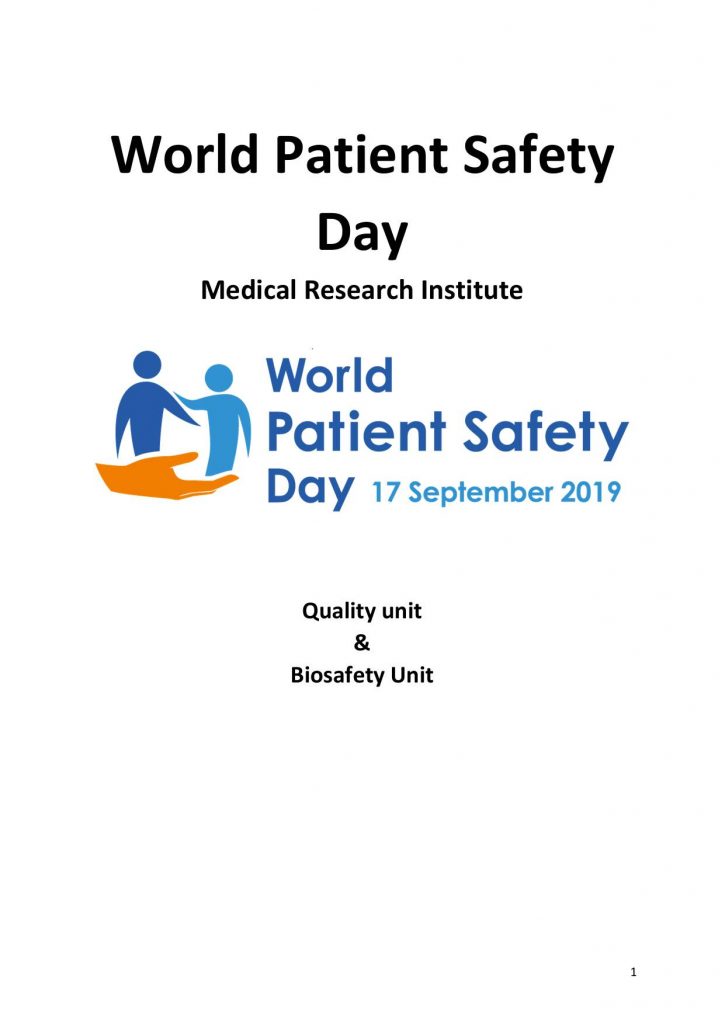
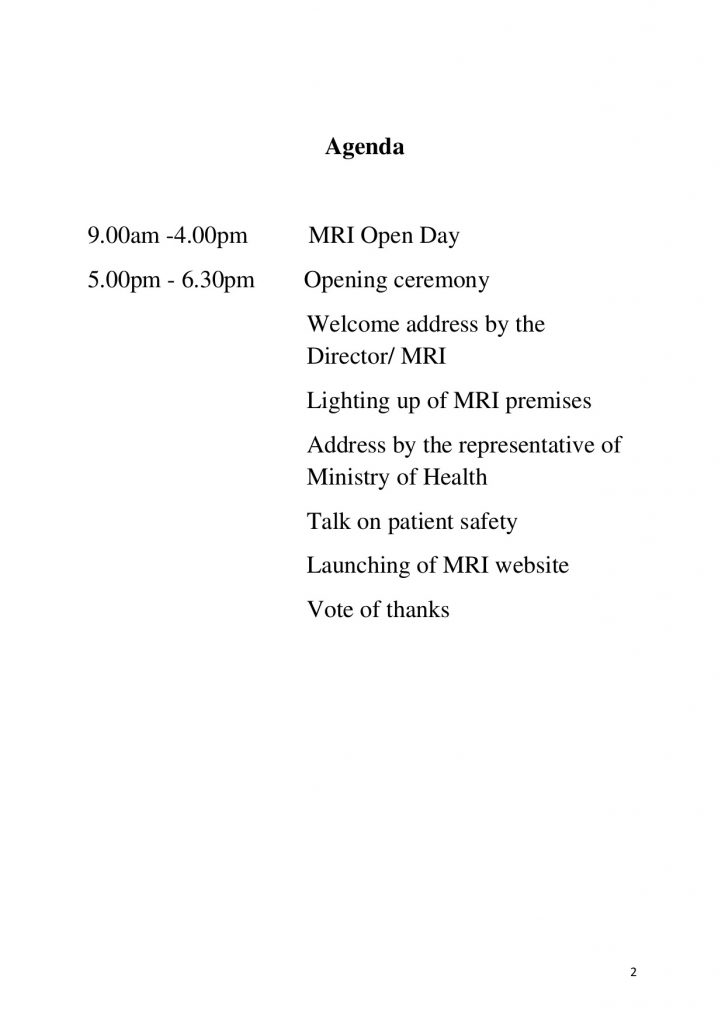
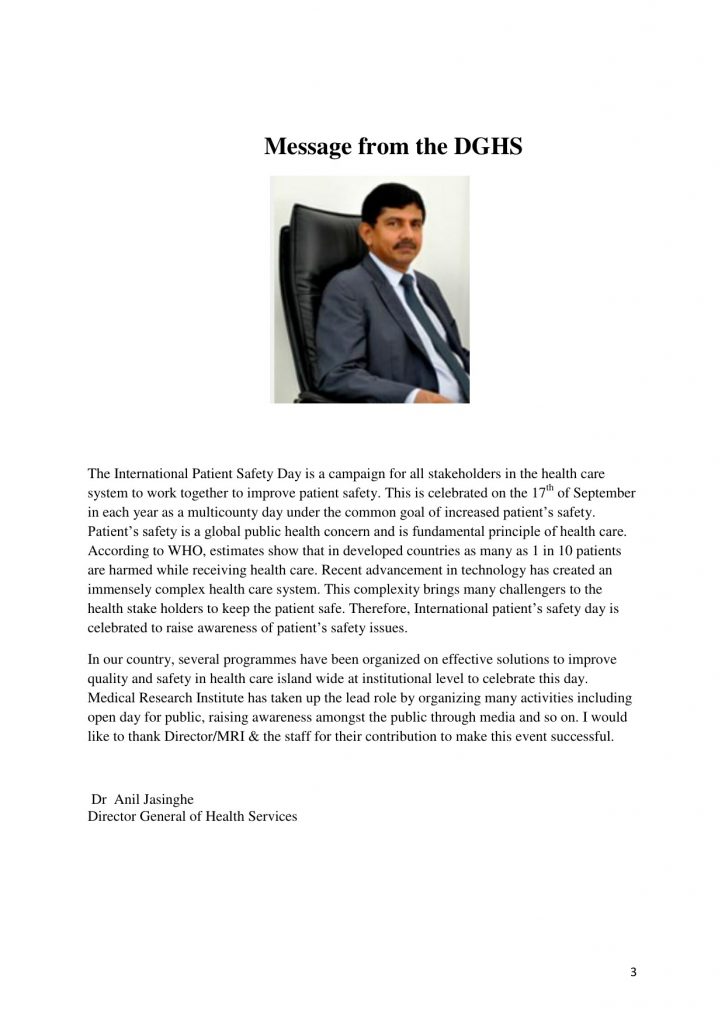
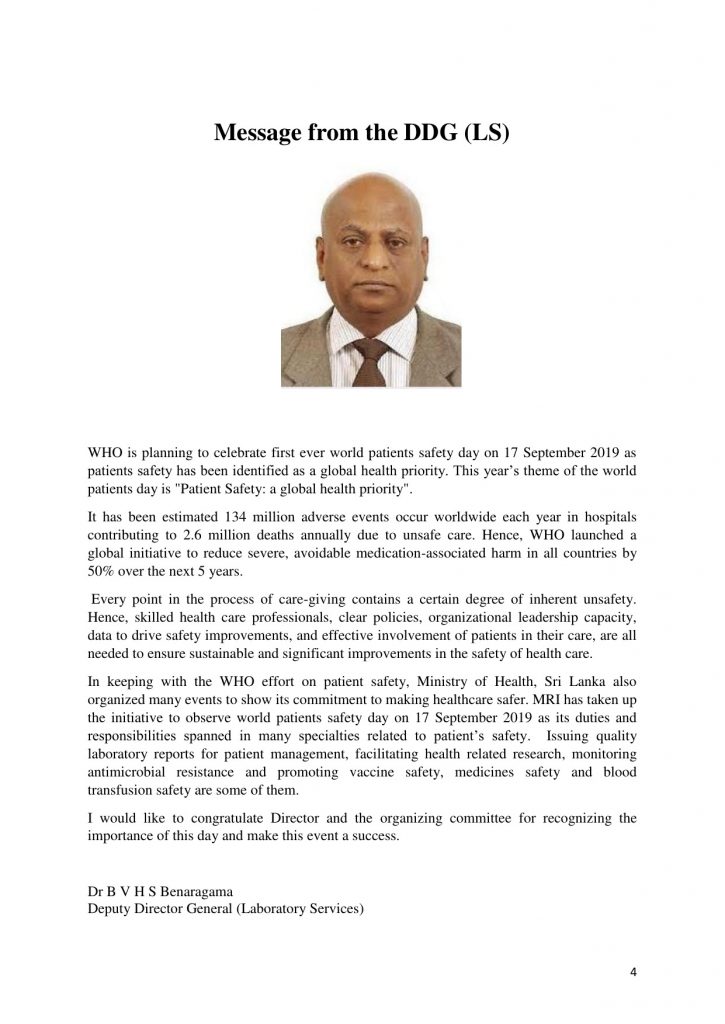
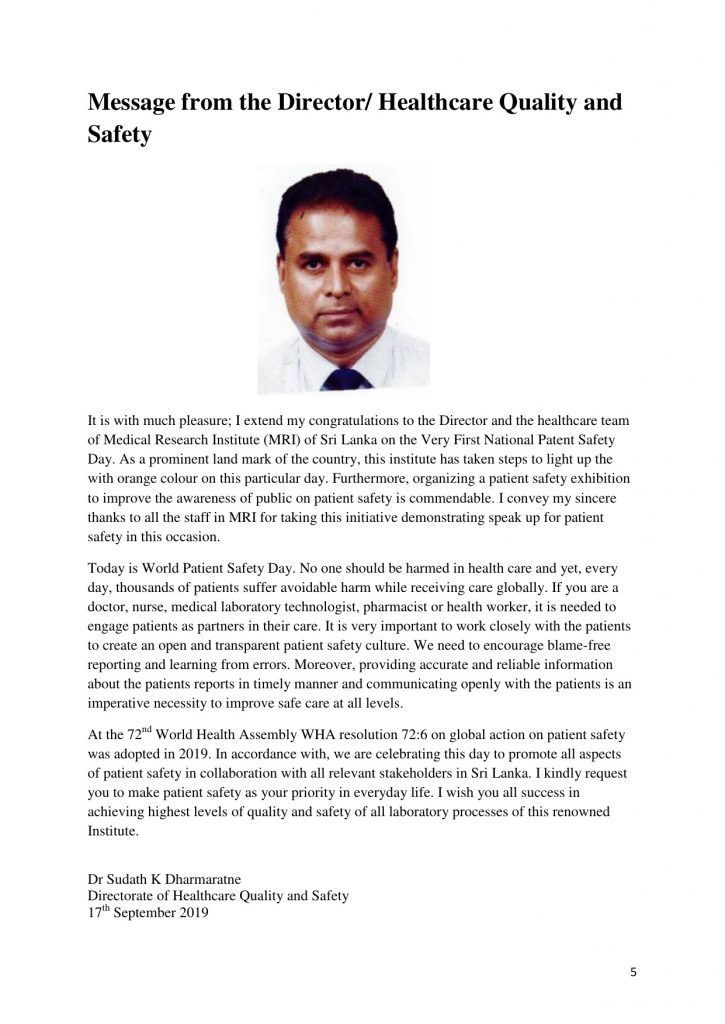
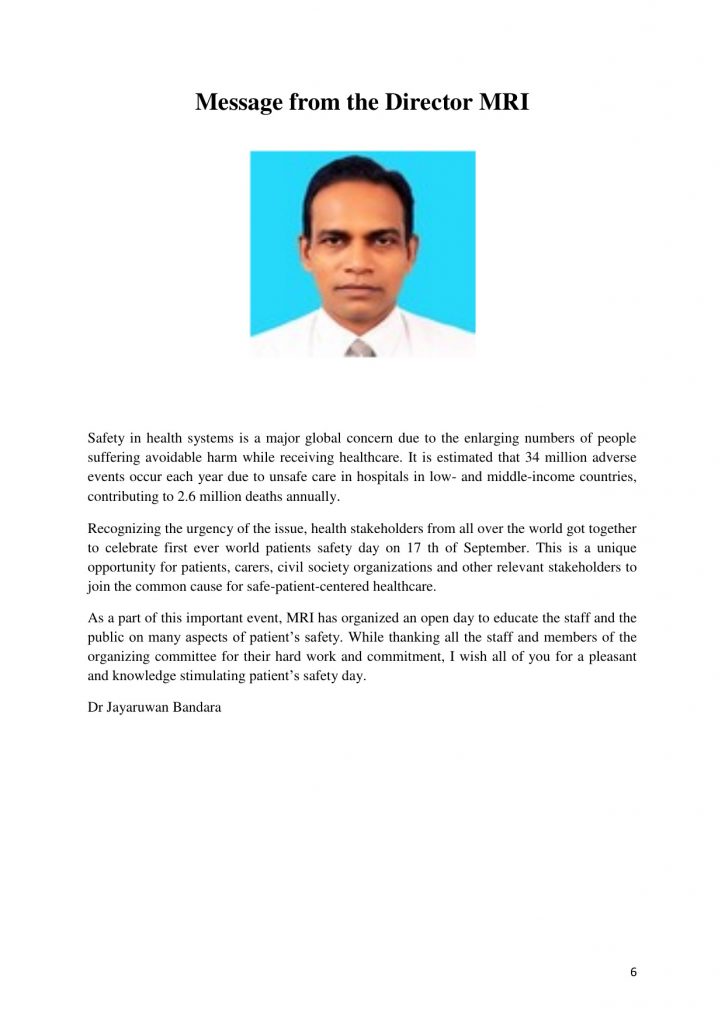
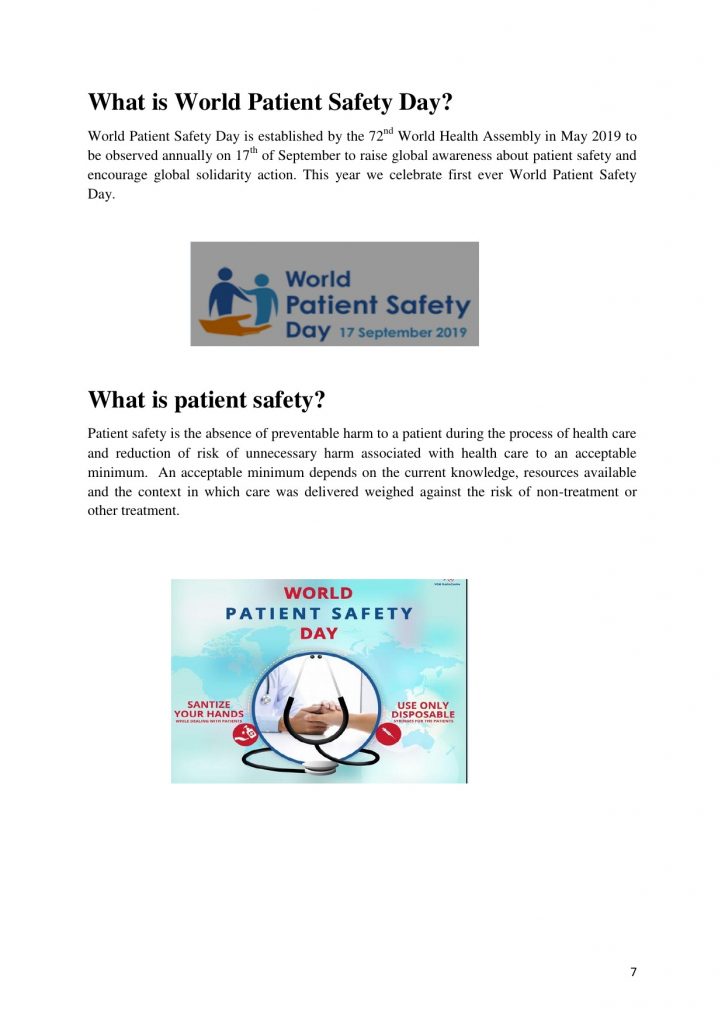
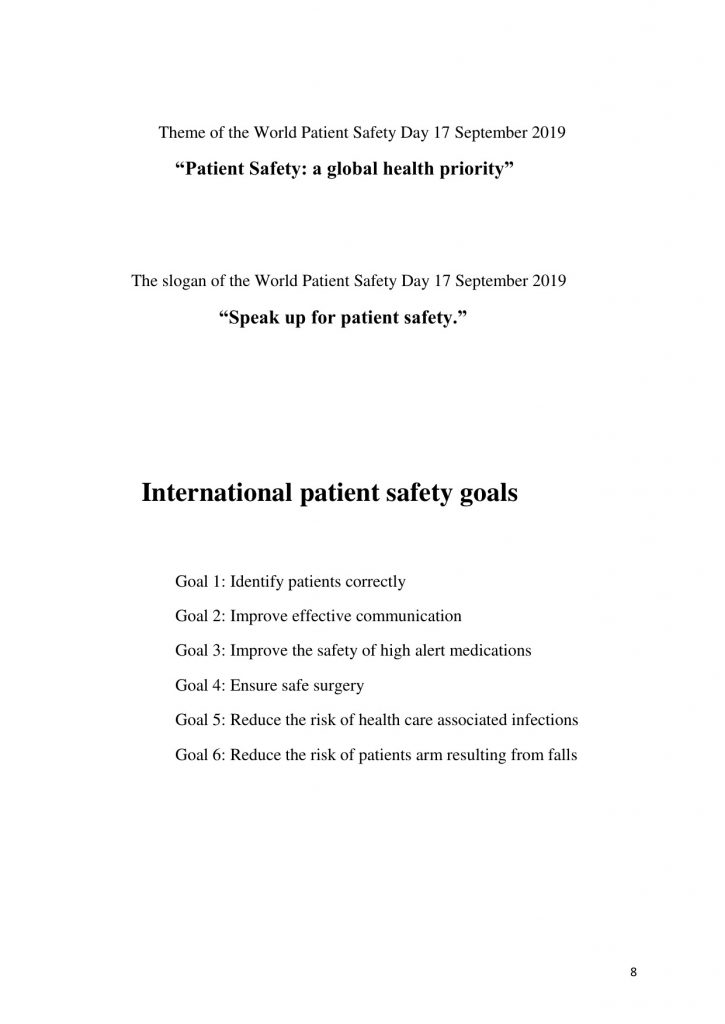
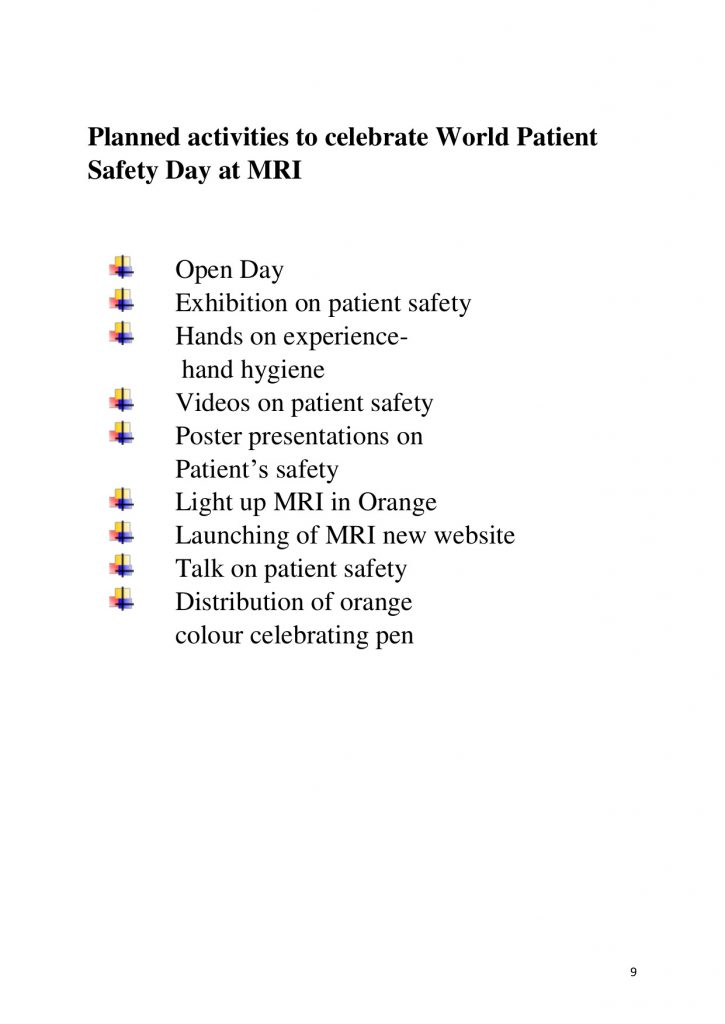
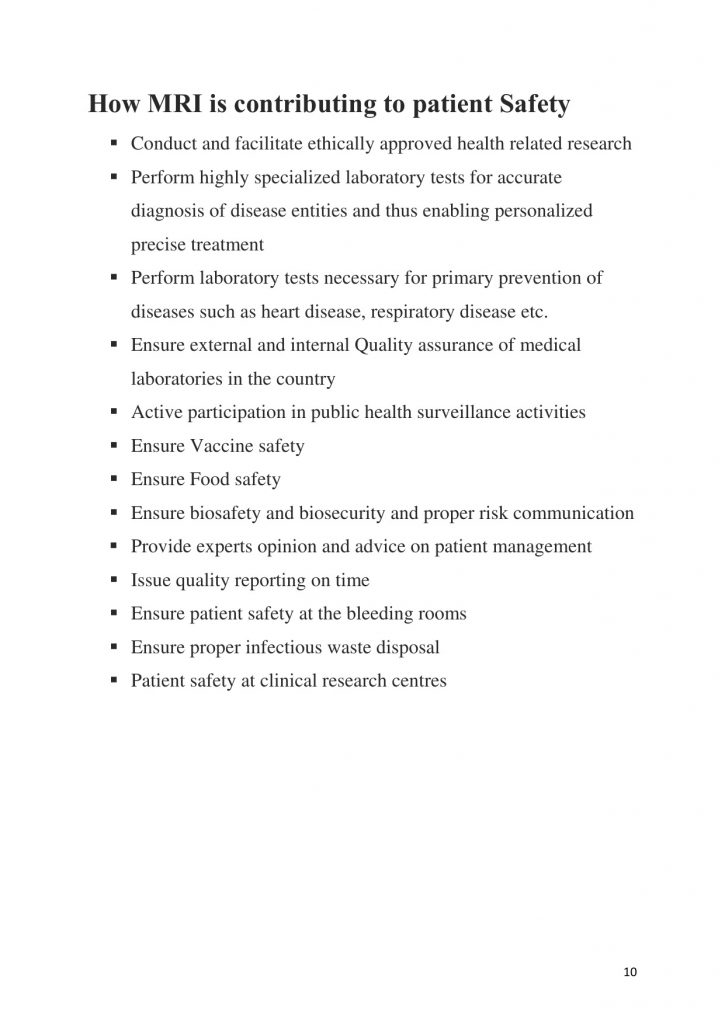
[FinalTilesGallery id=’1′]

